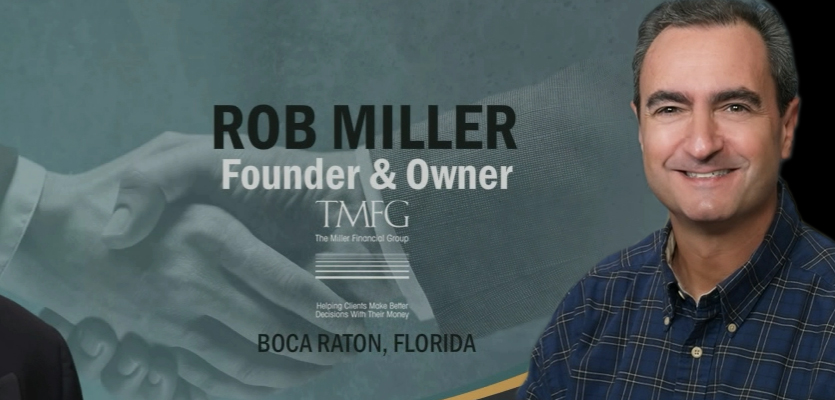
November 2019 Letter of the Month
One of the most well-known investors of the 20th Century, Benjamin Graham, said, “the investor’s chief problem – and even his worst enemy – is likely to be himself.”
What Graham understood – and modern research is catching up to – is the idea that we all have emotions and biases that affect our decision-making. The innate wiring built to survive premodern times can be counterproductive in our modern world, especially when it comes to investing.
Let’s take a quick look at a few of the human emotions and biases that can adversely impact sound investment decision-making.
Fear and Greed – These are the two most-powerful emotions that move investors and investment markets. Each emotion clouds our capability for rational and dispassionate decision-making. They are the emotions that lead us to believe that prices may continue to rise (think the tulip price bubble of 1636) or that everything has gone so wrong that prices may not recover (think the credit crisis of 2008-2009).
Some investors have found a way to conquer these emotions, be brave when everyone else is fearful, and resist temptations within a too-exuberant market.
Overconfidence – Peter Bernstein, a noted economic historian, argued that the riskiest moment may be when we feel that we are right. It is at that precise moment that we tend to disregard all information that may conflict with our beliefs, setting ourselves up for investment surprise.
Selective Memory – Human nature is such that we tend to recast history in the manner that emphasizes our successes and downplays our failures. As a result, we may not benefit from the valuable lessons failure can teach. Indeed, failure may be your most-valuable asset.
Prediction Fallacy – Humans have an innate desire to recognize patterns and apply these patterns to predict the future. We erroneously believe that because “A” occurred and “B” happened, if “A” happens again, we can profit by anticipating that “B” will repeat. Market history is littered with examples of “rules of thumb” that have worked, until they no longer did.
Financial markets are complex and unpredictable. Our endeavors to tap their opportunities to pursue our financial goals are best realized when we don’t burden the enterprise by blindness to the inherent behavioral obstacles we all share.
Warmest Regards,
Rob
